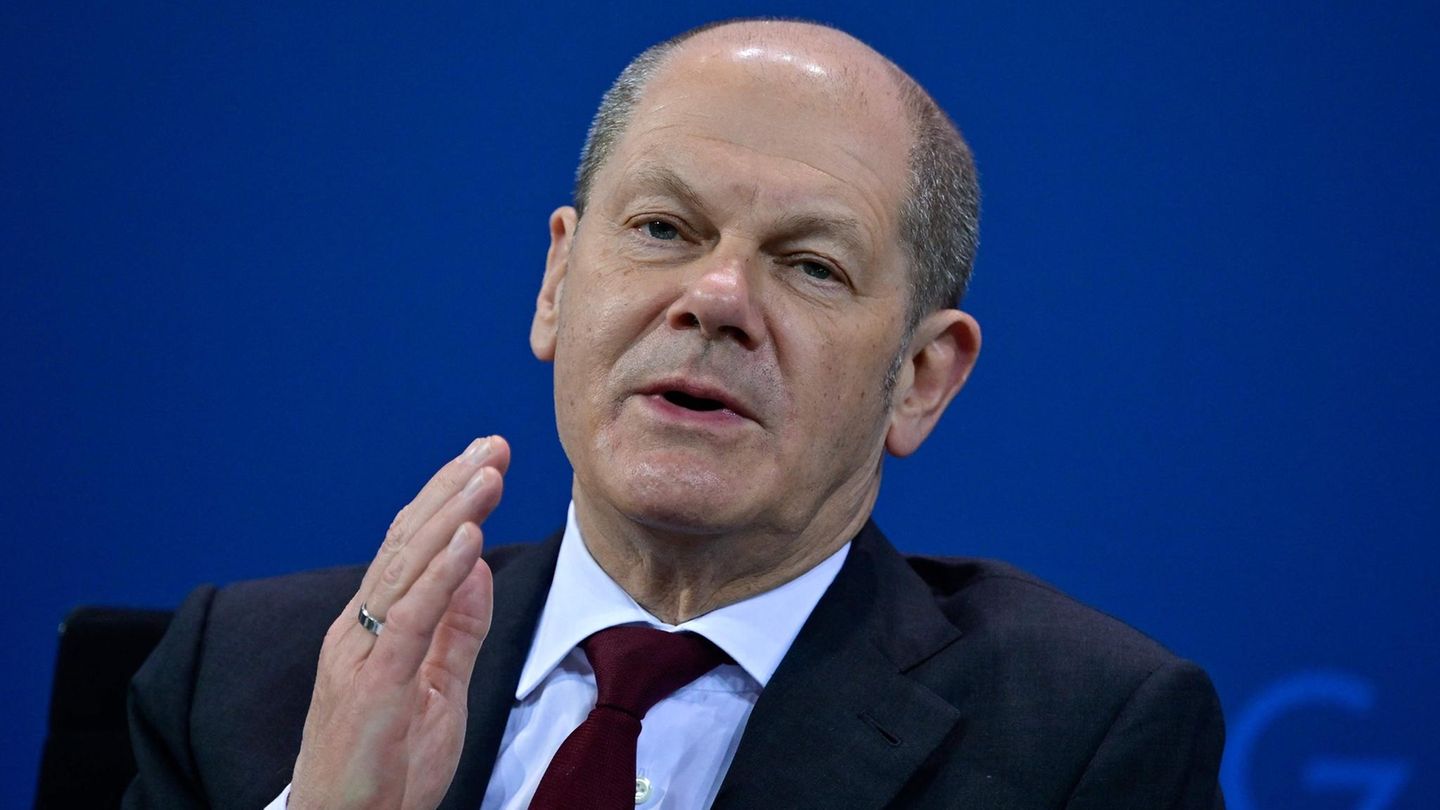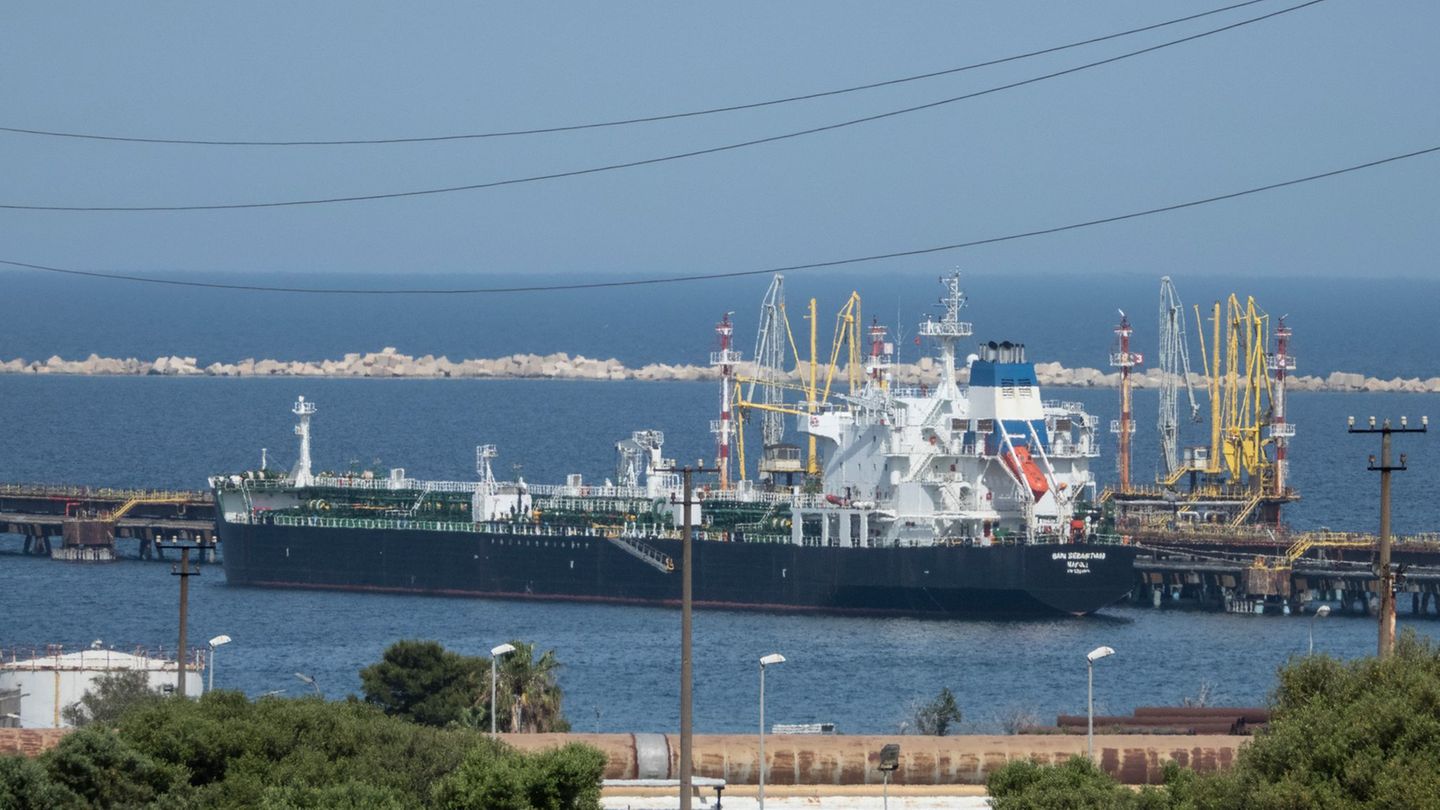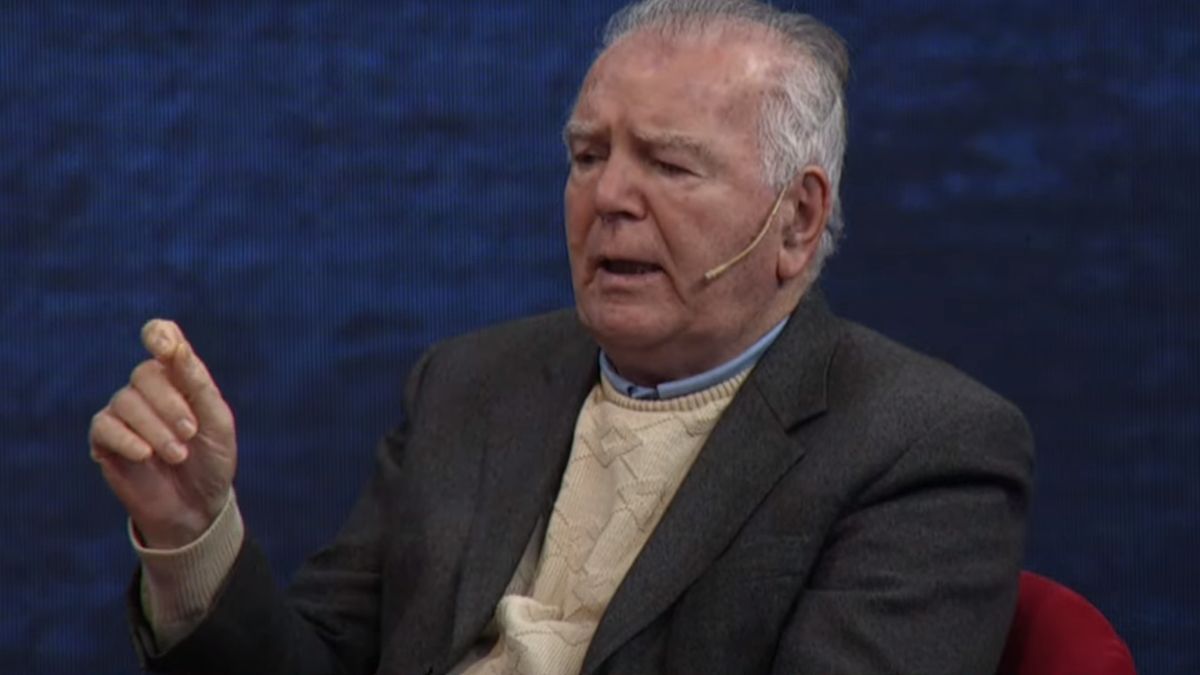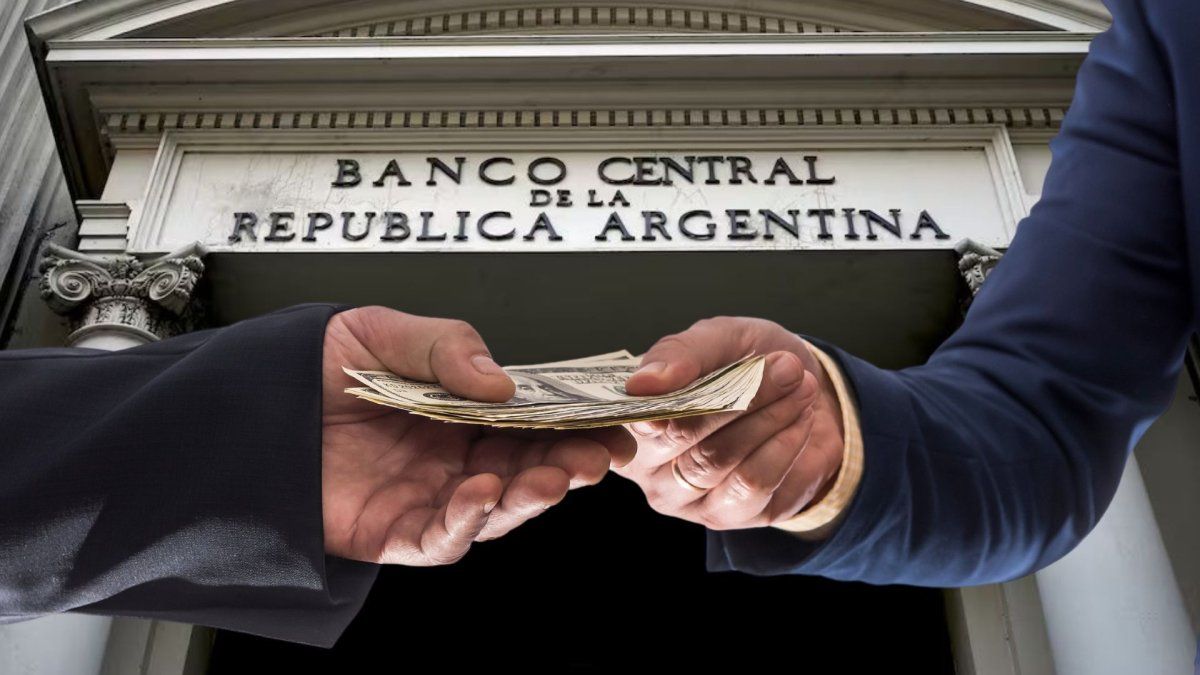France, the Czech Republic, the Netherlands and even little Estonia: they all supply heavy weapons. Olaf Scholz remains cautious. In an interview, he reveals what’s behind it.
Federal Chancellor Olaf Scholz has described the top priority of his Ukraine policy as preventing the war from spreading to NATO. “There must be no nuclear war,” said the SPD politician in an interview with “Spiegel” published on Friday. “I’m doing everything to prevent an escalation leading to a third world war.” The chancellor brusquely dismissed allegations against his party for its Russia policy over the past few decades as defamation. A “caricature of social democratic politics” is drawn.
Scholz presented his further strategy for the delivery of weapons for Ukraine’s defense against Russia on Tuesday. According to this, the Bundeswehr will not hand over any heavy weapons such as tanks and artillery pieces to Ukraine for the time being. Instead, the federal government wants to finance deliveries by German industry. On their list of offers authorized by the federal government, however, there are only 12 mortars (caliber 122) that could be counted as heavy weapons. In addition, NATO partners are to be supported with replacement services and training in the delivery of heavy equipment.
Scholz: Don’t let “shrill calls” irritate me
Scholz has been accused of hesitation and reticence on the subject of arms deliveries for weeks – including from his own coalition. In the “Spiegel” interview, he also explained his course with the danger of a further escalation of the war. “I said very early on that we must do everything we can to avoid a direct military confrontation between NATO and a highly armed superpower like Russia, a nuclear power,” he said.
When it comes to arms deliveries, the question is whether Russia could therefore perceive NATO as a war party. Scholz said that this was not regulated in any textbook. “The book is being rewritten every day, and there are still a few lessons ahead of us. It’s all the more important that we think carefully about every step we take and coordinate them closely with one another.” He doesn’t look at poll numbers and doesn’t let himself be “irritated by shrill calls”.
Scholz did not answer the question of whether he had the impression that Putin could use nuclear weapons. But he said: “Putin is under enormous pressure.”
Macron: “We have the same strategy as Chancellor Scholz”
After Polish Prime Minister Mateusz Morawiecki criticized the German strategy for arms deliveries on Thursday in clear words, Scholz received support from French President Emmanuel Macron on Friday. “We have the same strategy as Chancellor Scholz: we are helping the Ukrainians as much as possible. But we are careful never to become a party to the war,” Macron told the newspapers of the Funke media group, the French newspaper “Ouest-France” and the Italian newspaper “Corriere della Sera”.
Macron also warned of a nuclear war. Unlike Scholz, however, after the French arms deliveries had been kept secret for a long time, he announced the provision of heavy artillery pieces (caliber 155 millimeters). The Netherlands confirmed that they will supply Panzerhaubitzen 2000. The Bundeswehr also has 120 of these modern guns, which can fire up to a distance of 40 kilometers. The Dutch armed forces, on the other hand, have only 54 howitzers.
Ukrainian foreign minister speaks of “hypocrisy”
The Bundeswehr should only deliver a few light weapons. Scholz named anti-tank weapons, anti-tank mines and artillery ammunition.
Sharp criticism of the states that do not provide heavy weapons came from Ukraine again. Foreign Minister Dmytro Kuleba spoke of “hypocrisy”. “In some cases we see that countries can do something but don’t do it because they don’t want to have bad relations with Russia,” Kuleba said in Bucharest, Romania, without naming specific countries. In the past, however, Ukraine had often accused Germany of being too close to Russia.
Scholz describes allegations against SPD as “lies”
Scholz was annoyed that such criticism was primarily directed at the SPD. “These false and slanderous representations of the SPD’s European and Russian policies have existed since Adenauer’s time,” he said. He supports any discussion about future politics. “But I reject that the ticket to a debate is a lie.” The SPD is accused of having placed too much emphasis on rapprochement with Russia in recent decades and neglected risks in the process.
Scholz defended the policies of the SPD Chancellors Willy Brandt and Helmut Schmidt from 1969 to 1982. After the years when the Federal Republic of Germany was tied to the West under the CDU Chancellor Konrad Adenauer, Brandt initiated a policy of détente with the states of the Warsaw Pact led by the Soviet Union which culminated in the Eastern treaties with the Soviet Union, the GDR, Poland and Czechoslovakia.
Praise for Brandt and Schmidt – silence about Schröder
“What distinguishes the SPD is the clear policy of detente by Brandt and Schmidt,” said Scholz. He did not mention the third chancellor, Gerhard Schröder, who established close relations with Russian President Vladimir Putin and pushed ahead with the expansion of gas supplies from Russia.
Source: Stern
David William is a talented author who has made a name for himself in the world of writing. He is a professional author who writes on a wide range of topics, from general interest to opinion news. David is currently working as a writer at 24 hours worlds where he brings his unique perspective and in-depth research to his articles, making them both informative and engaging.




